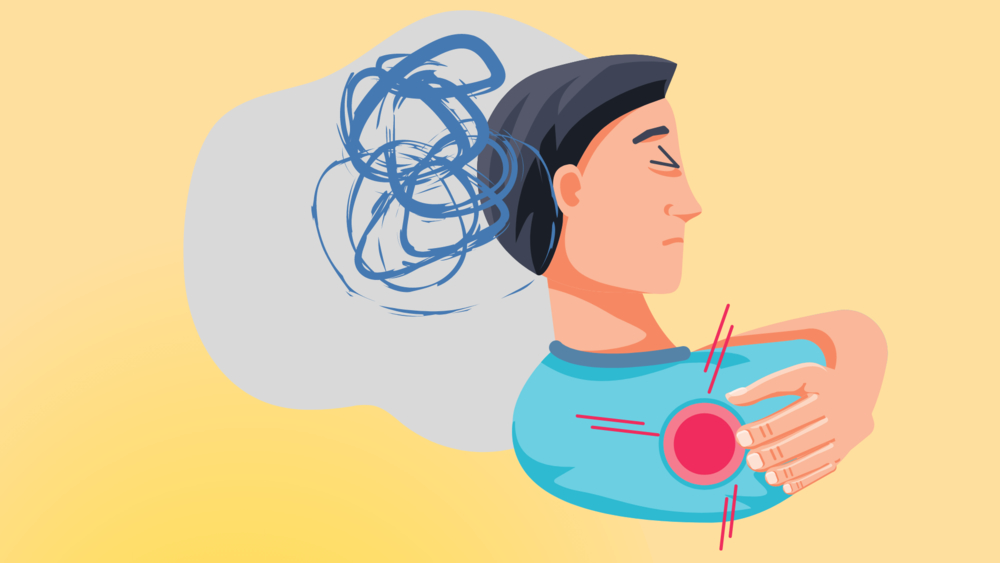
Chronic pain affects millions of people worldwide, and while medication is often the go-to solution, many individuals are seeking natural alternatives to manage their pain. Thankfully, there are several effective methods to alleviate chronic pain without the need for drugs. In this article, we’ll dive into five powerful, drug-free ways to manage chronic pain and improve your quality of life.
1. Regular Exercise and Physical Therapy

Exercise might seem counterintuitive when you’re in pain, but it’s one of the best ways to reduce chronic discomfort. Regular physical activity strengthens muscles, enhances flexibility, and helps reduce inflammation, all of which can alleviate pain.
- Low-impact exercises like walking, swimming, and yoga are especially beneficial for individuals with chronic pain.
- Physical therapy can also be a game-changer. A licensed therapist can develop a personalized plan to target problem areas, improve posture, and teach proper movement techniques.
2. Mindfulness and Meditation

Chronic pain isn’t just physical—it can take a significant mental toll too. Mindfulness meditation has been proven to reduce stress, improve mood, and help with pain management by fostering awareness and acceptance of pain, rather than resisting it.
- Mindfulness practices encourage a shift in focus away from pain and promote relaxation.
- Breathing exercises can help reduce pain perception by activating the body’s natural relaxation response, calming both the mind and body.
3. Acupuncture

Acupuncture, an ancient practice rooted in Traditional Chinese Medicine, involves inserting thin needles into specific points on the body. This technique is believed to stimulate energy flow and trigger the release of endorphins—your body’s natural painkillers.
- Research shows that acupuncture can reduce pain associated with conditions like osteoarthritis, back pain, and migraines.
- It’s a safe, non-invasive alternative to medication for many individuals seeking chronic pain relief.
4. Cognitive Behavioral Therapy (CBT)

Cognitive Behavioral Therapy (CBT) is a type of psychotherapy that helps individuals alter negative thought patterns. When it comes to chronic pain, CBT teaches how to change the way you perceive and react to pain.
- CBT helps individuals develop coping strategies to manage pain and reduce its emotional impact.
- Studies show that CBT can lower pain intensity and improve overall well-being for people with chronic pain conditions.
5. Dietary Changes

What you eat plays a crucial role in managing chronic pain. Some foods can trigger inflammation, worsening pain, while others have natural anti-inflammatory properties that can help reduce discomfort.
- Omega-3 fatty acids found in fish, flaxseeds, and walnuts are known to reduce inflammation and may offer pain relief.
- Turmeric and ginger are well-known natural remedies for inflammation and pain.
- Reducing processed foods, sugars, and trans fats can also help lower inflammation in the body.
Managing chronic pain without medication is entirely possible with the right combination of natural approaches. Regular exercise, mindfulness practices, acupuncture, cognitive behavioral therapy, and smart nutritional choices can all contribute to effective pain relief and an enhanced quality of life. If you’re living with chronic pain, consider incorporating these methods into your routine to reduce your reliance on medication and embrace a more holistic approach to pain management.
